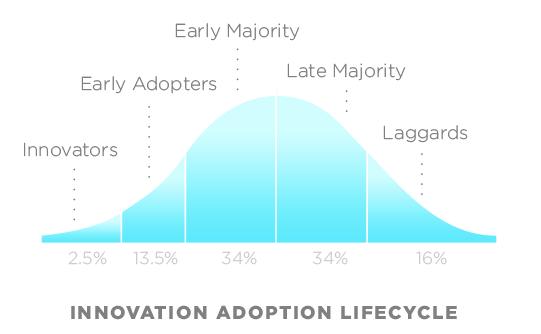You need groupies
 Thursday, January 6, 2011 at 06:39AM
Thursday, January 6, 2011 at 06:39AM
Groupie [noun] 1: a fan of a rock group who usually follows the group around on concert tours; 2: an admirer of a celebrity who attends as many of his or her public appearances as possible; 3: enthusiast, aficionado <a political groupie> from Merriam-Webster.com
Groupies just aren't for rock stars. Librarians and tech integration specialists need them too.
This was sent to me by a classroom teacher in our district:
Dear Mr. Johnson,
The week before Christmas, four students from my classroom were selected to spend a week studying any topic they chose. They were excused from Reading and Grammar for one week and allowed to work on their project. They also had access to the library and the internet.
Yesterday, the first child presented her report on Popcorn. I have attached her presentation to this email. I want to draw your attention to the professional look, pictures that reflect the text, the citation, grammar and spelling of this piece.

I wish to thank the media curriculum team and my media specialist for teaching Powerpoint to my students. I also want to express my appreciation to my media specialist for allowing my students to present their power point presentations to their classmates. This procedure allowed my student to successfully complete a very enjoyable and informative lesson on her own. I did not assist with anything. She knew what to do.
Please consider me an advocate for the importance of having a media specialist within a school.
Sincerely,
MAPS Elementary Teacher
This library media specialist has a groupie - some one who is an ardent fan of her work, her abilities and her vision. Someone who is so appreciative of the librarian's work that she will have an ally when the next round of budget cuts come.
We all need groupies. How do you cultivate them? How do you keep them? How many do you need?
What do you do that makes you a rock star in the eyes of your students or staff?









